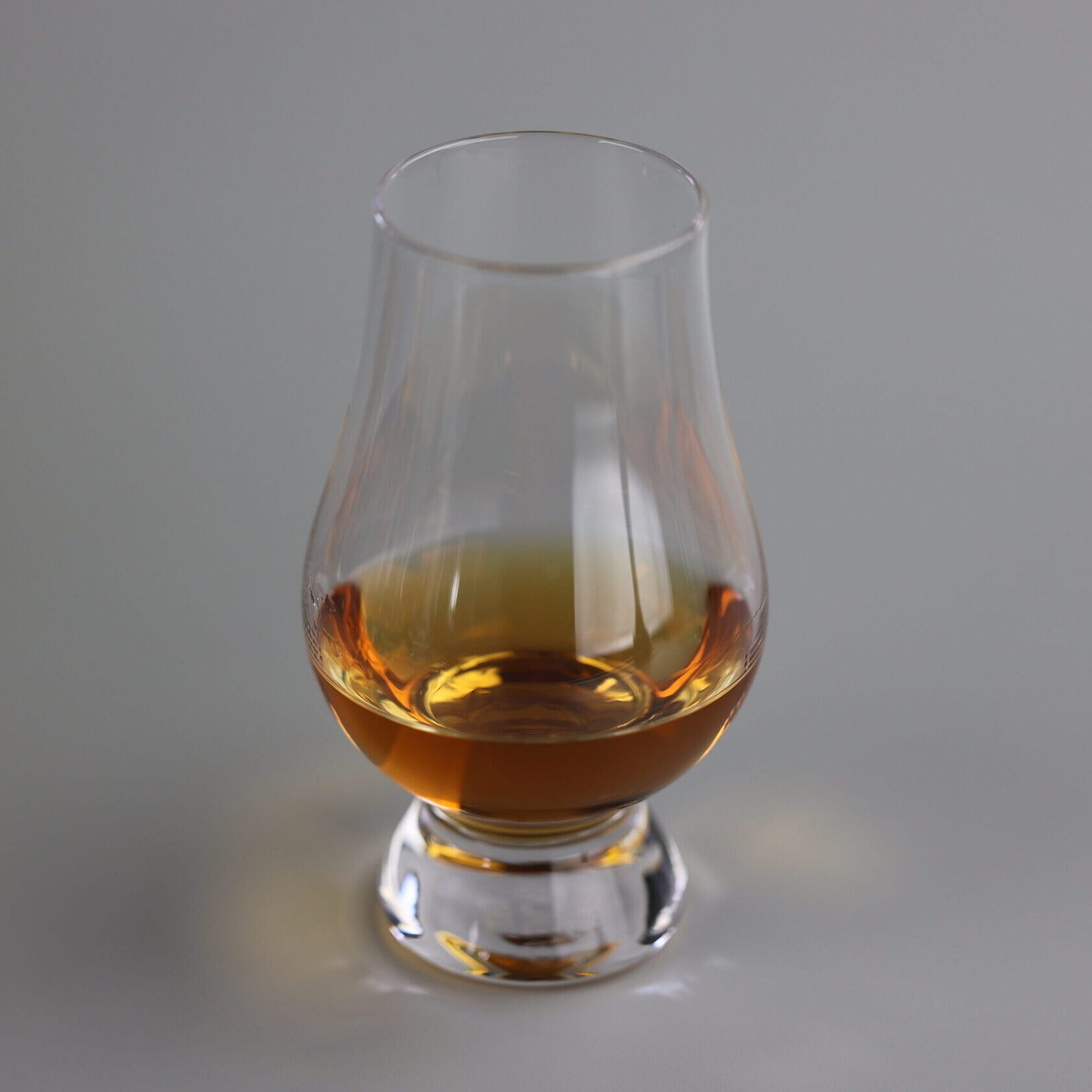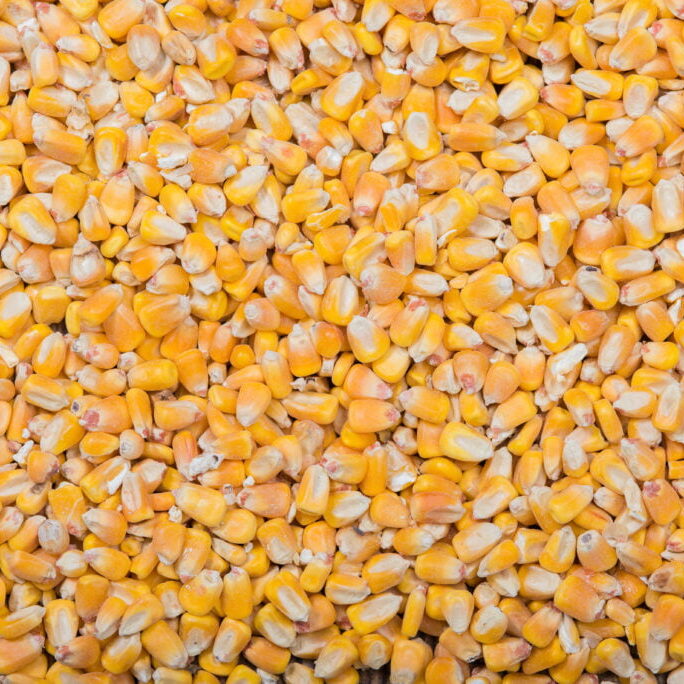
Grains
Whiskey starts with selecting grains like barley, corn, rye, and wheat. These grains form the base of the whiskey recipe, each lending its unique flavor characteristics to the final product.
Mashing
The grains are ground and mixed with hot water to create a mash. Enzymes in the grains convert starches into sugars, creating a sweet liquid known as "wort."
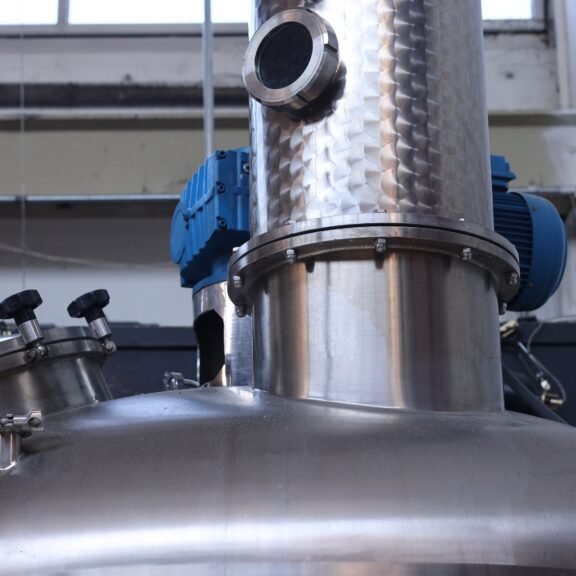
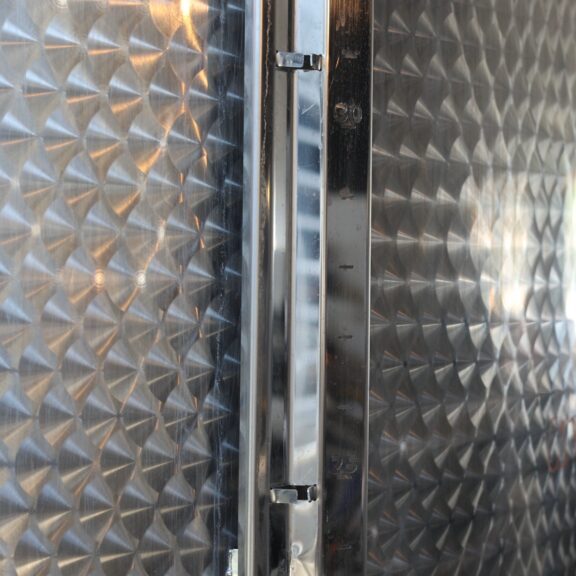
Fermentation
Yeast is added to the wort, kickstarting fermentation. During this process, yeast consumes the sugars and converts them into alcohol, producing a liquid called "wash."
Maturation
After fermentation, the whiskey is aged, allowing it to mellow and develop rich flavors over time. Through the interaction with the wood, the whiskey gains complexity, color, and character.
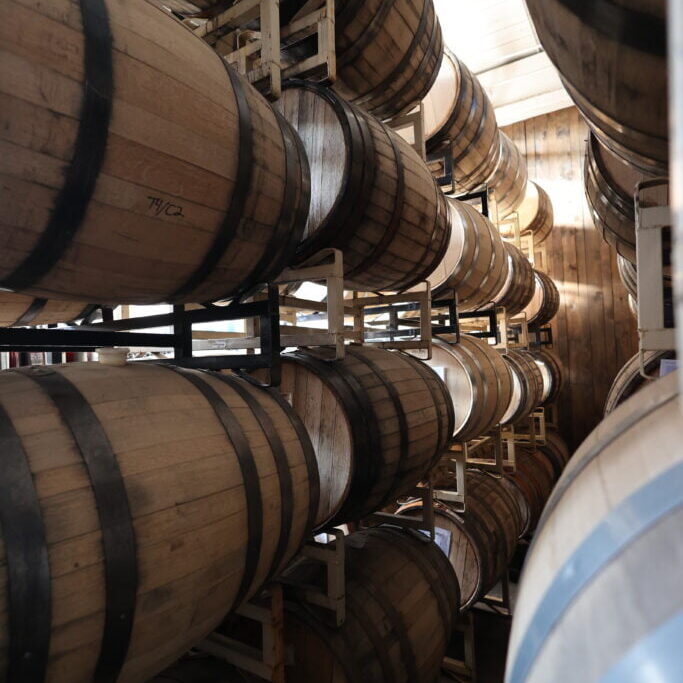
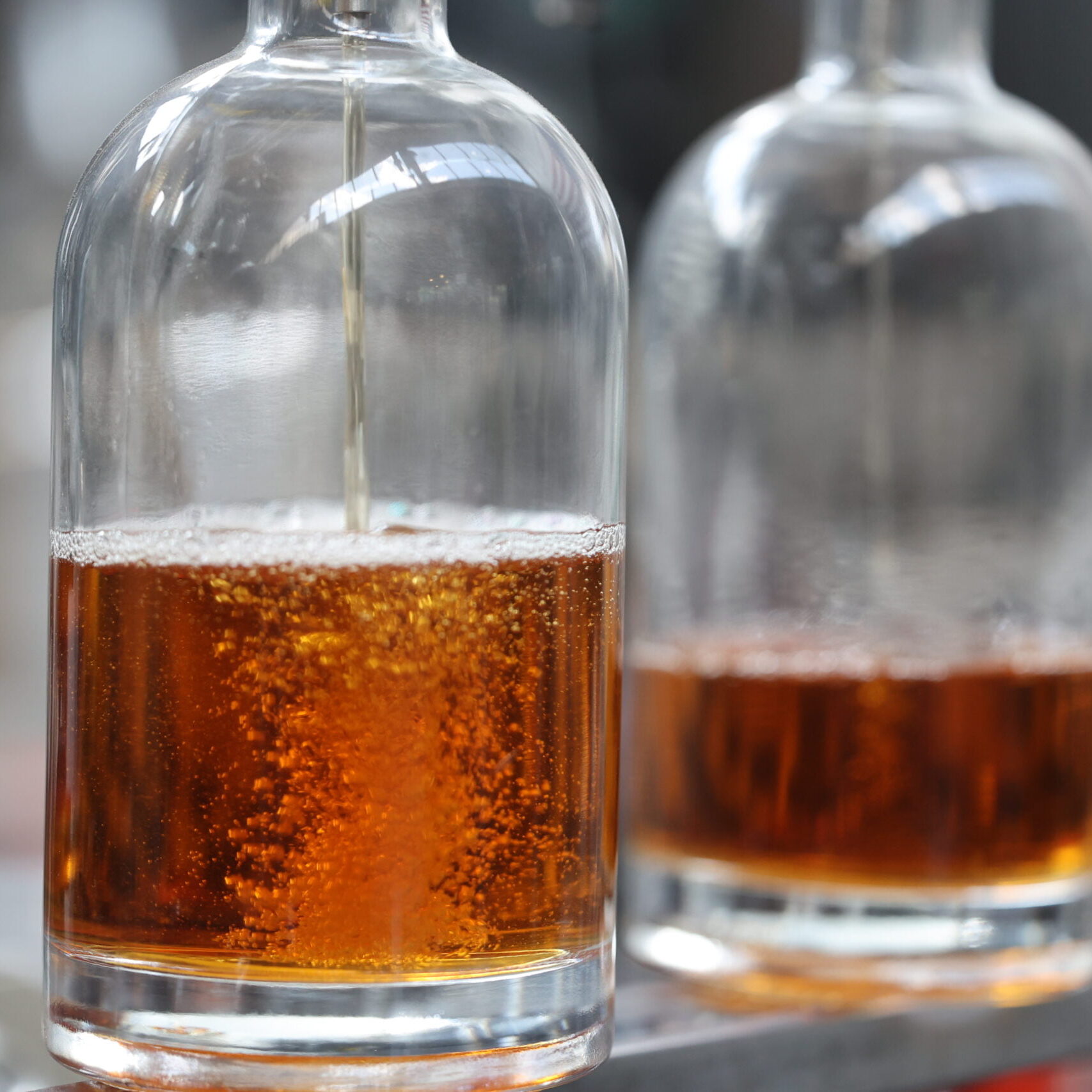
Bottling
When the whiskey has matured to the desired taste, it is filtered, diluted to the desired alcohol strength, and carefully bottled. Each bottle captures the culmination of the distiller's artistry and craftsmanship.
Enjoyment
Finally, it's time to savor the whiskey! Pour a glass, take in the aromas, and enjoy the intricate flavors as they dance on your palate. Whether you prefer it neat, on the rocks, or in a cocktail, whiskey offers a world of delightful experiences to explore.
